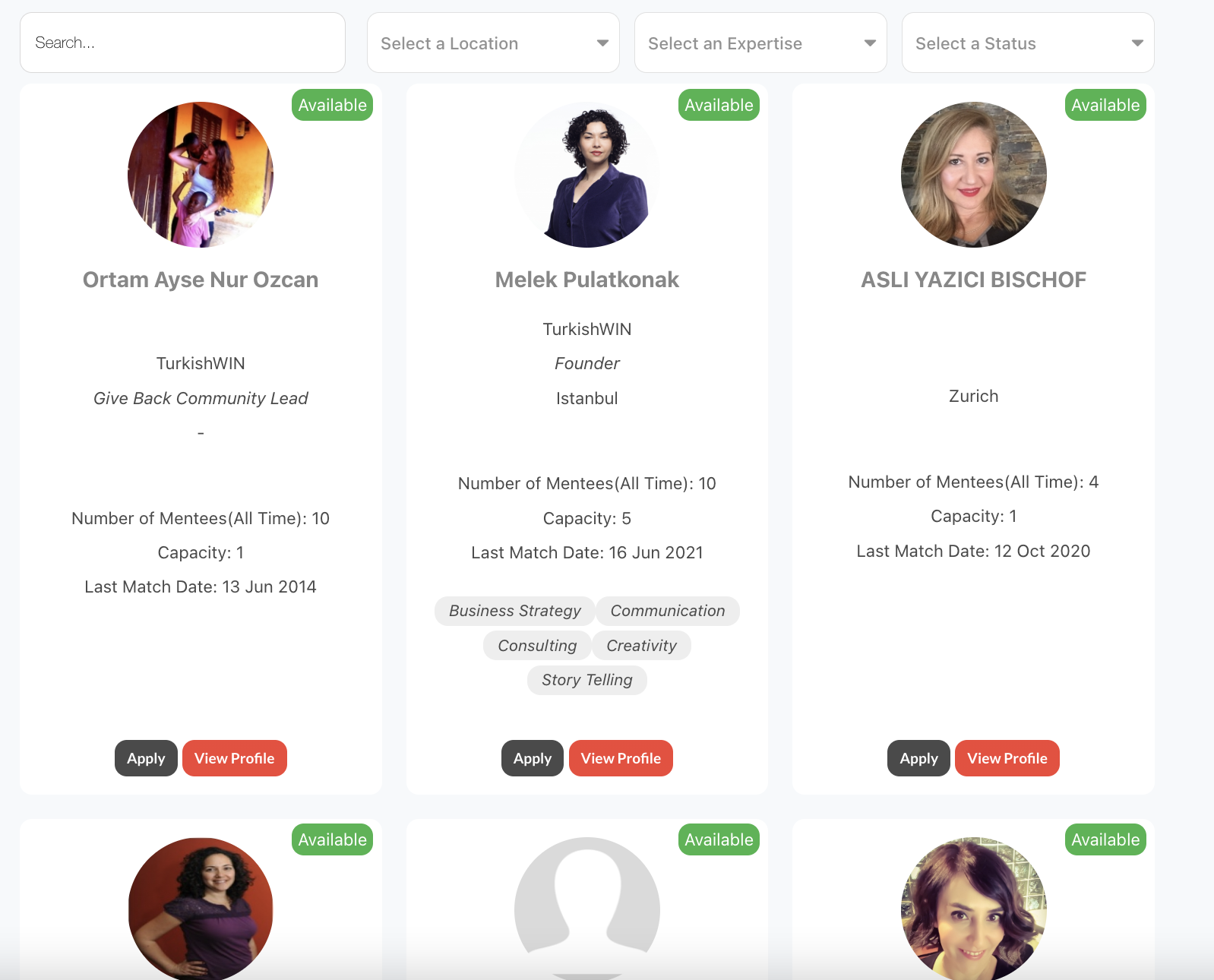Asking good questions is not simply an effective listening technique; it is also helpful in encouraging problem-solving and keeping the mentoring relationship-focused and on task. Let's explore the use of three different types of questions: investigative, discovery, and empowering. These open-ended questions, when used correctly, encourage dialogue.
Investigative Questions: Because they seek information and objective facts to provide enough background to move the mentoring conversation forward, they should be used on a limited basis. Examples are:
- What have you accomplished so far?
- How long have you been working on this?
- When is your due date?
- Where do you think you lost focus?
Discovery Questions are used to tap into your own knowledge, experience, and insight and lead you into drawing your own conclusions and learning from experiences. Examples of these types of questions are:
- What have you learned from this experience?
- What could you have done differently?
- What does this tell you about your approach?
- What's the best thing that could happen for you?
- What's the worst thing that could happen to you?
- What do you think are your alternatives?
Empowering Questions: These questions call upon taking ownership and making plans for the next step by asking "what happens next." Empowering questions push for action and ask for commitment. Examples are:
- What is your next step?
- What do you have to do to make it happen?
- What problems or obstacles might occur that would prevent you
- from achieving the best result?
- What will you do if the first plan does not work as well as you
- expect?
- What resources do you have; what do you need?
- How can I help you succeed?


